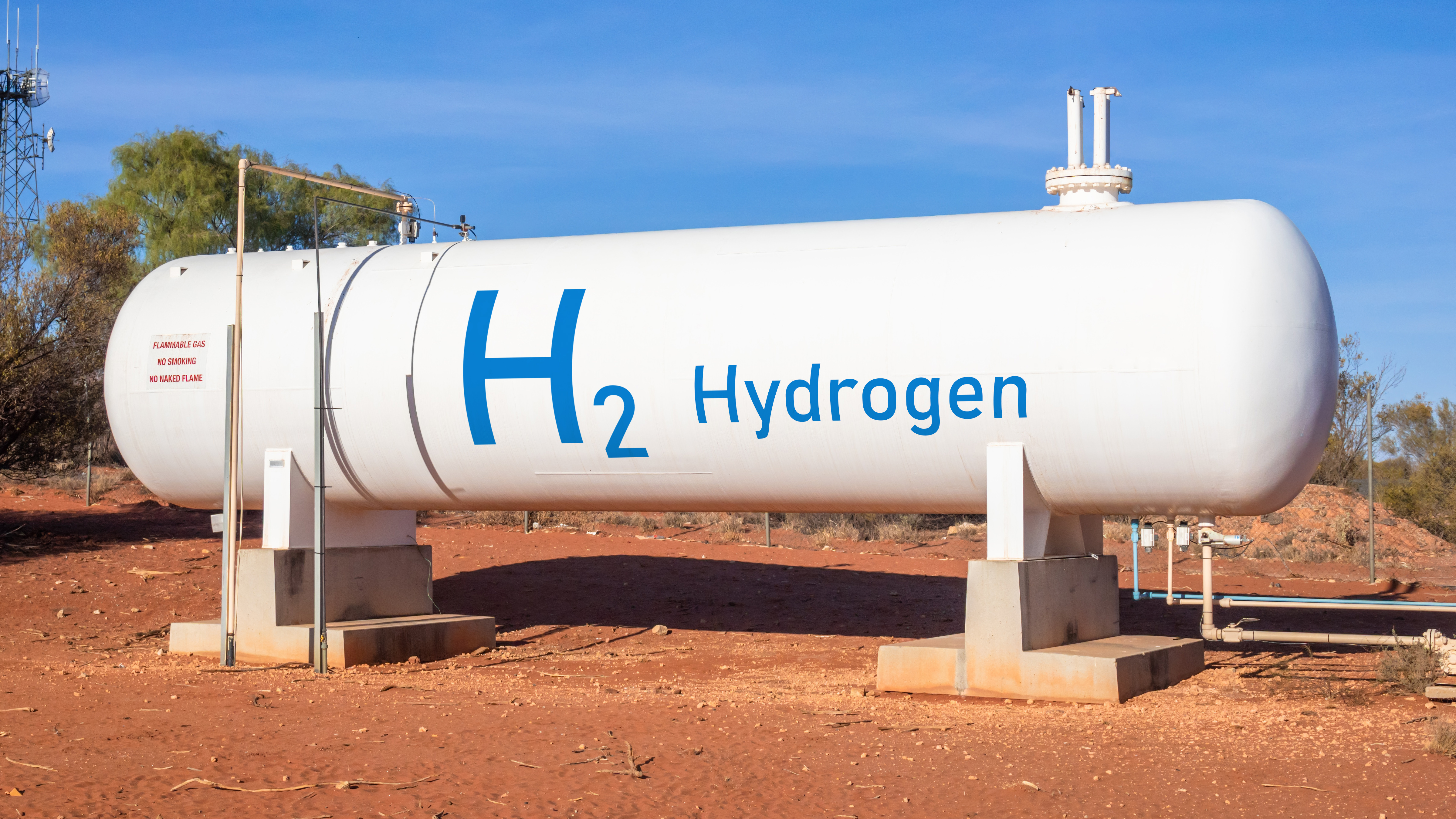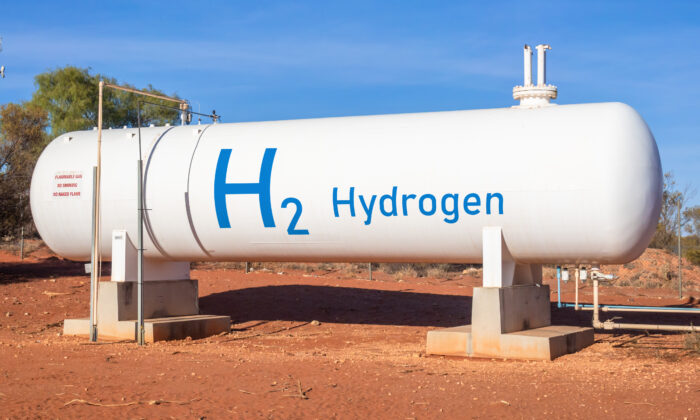
NSW Hydrogen Centre of Excellence Design Revealed
The NSW government has unveiled the design for the state’s inaugural Hydrogen Centre of Excellence, marking a significant step towards a cleaner energy future.
With a commitment of $25 million from taxpayers as part of an election promise, this project aims to support the government’s ambitious targets of achieving a 50 percent reduction in climate change emissions by 2030 and reaching net zero by 2050.
Located in Glenwood, Western Sydney, the hydrogen centre will serve as a training hub for thousands of plumbers and gas fitters, equipping them with the necessary skills to thrive in the emerging hydrogen industry.
The facility will feature spacious workshops and classrooms where apprentices will receive hands-on training with hydrogen equipment, including electrolysers, gas fitting techniques, and safety protocols.
Operated by the Plumbing Industry Climate Action Centre (PICAC), the centre is expected to employ 50 staff members upon completion and provide valuable employment opportunities for apprentices and construction workers during the build phase.
NSW Premier Chris Minns expressed his enthusiasm for the project, emphasizing the job creation and skills development opportunities it will bring to the renewable energy sector.
Skills, TAFE, and Tertiary Education Minister Steve Whan highlighted the collaborative effort between government, industry, and unions to cultivate a skilled workforce ready to meet the demands of the future.
Environment Minister Penny Sharpe underscored the importance of the hydrogen centre in accelerating NSW’s transition to clean technologies and achieving the state’s renewable energy goals.
The NSW Hydrogen Strategy, outlined on the government’s energy website, aims to deliver 110,000 tonnes of green hydrogen annually by 2030, supported by $3 billion in incentives to drive industry growth.
Challenges Ahead for Net Zero Plans
While the NSW government has made significant strides in legislating ambitious climate change targets, including the establishment of the Net Zero Commission, challenges lie ahead in meeting these goals.
Despite receiving bipartisan support for the targets, concerns have been raised about the effectiveness of certain legislative measures, with critics highlighting potential impacts on energy costs for everyday households and small businesses.
Recent projections indicate that NSW may struggle to meet its emissions reduction targets, prompting the government to implement additional measures to address the shortfall.
Efforts are underway to prioritize the electricity infrastructure roadmap and provide grants for decarbonization projects through the Climate Change Fund to ensure progress towards the mandated reduction milestones.
Electricity Bills at Risk Due to Transmission Delays
A recent report warned of potential increases in electricity bills in NSW due to delays in transmission infrastructure upgrades, with small businesses facing significant cost implications.
The timely development of transmission infrastructure is crucial for supporting the transition to renewable energy and meeting the growing demand for clean energy solutions across the state.
As Australia navigates the transition away from coal-fired power towards a sustainable energy future, the effective planning and delivery of transmission infrastructure will be essential to facilitating this shift.





